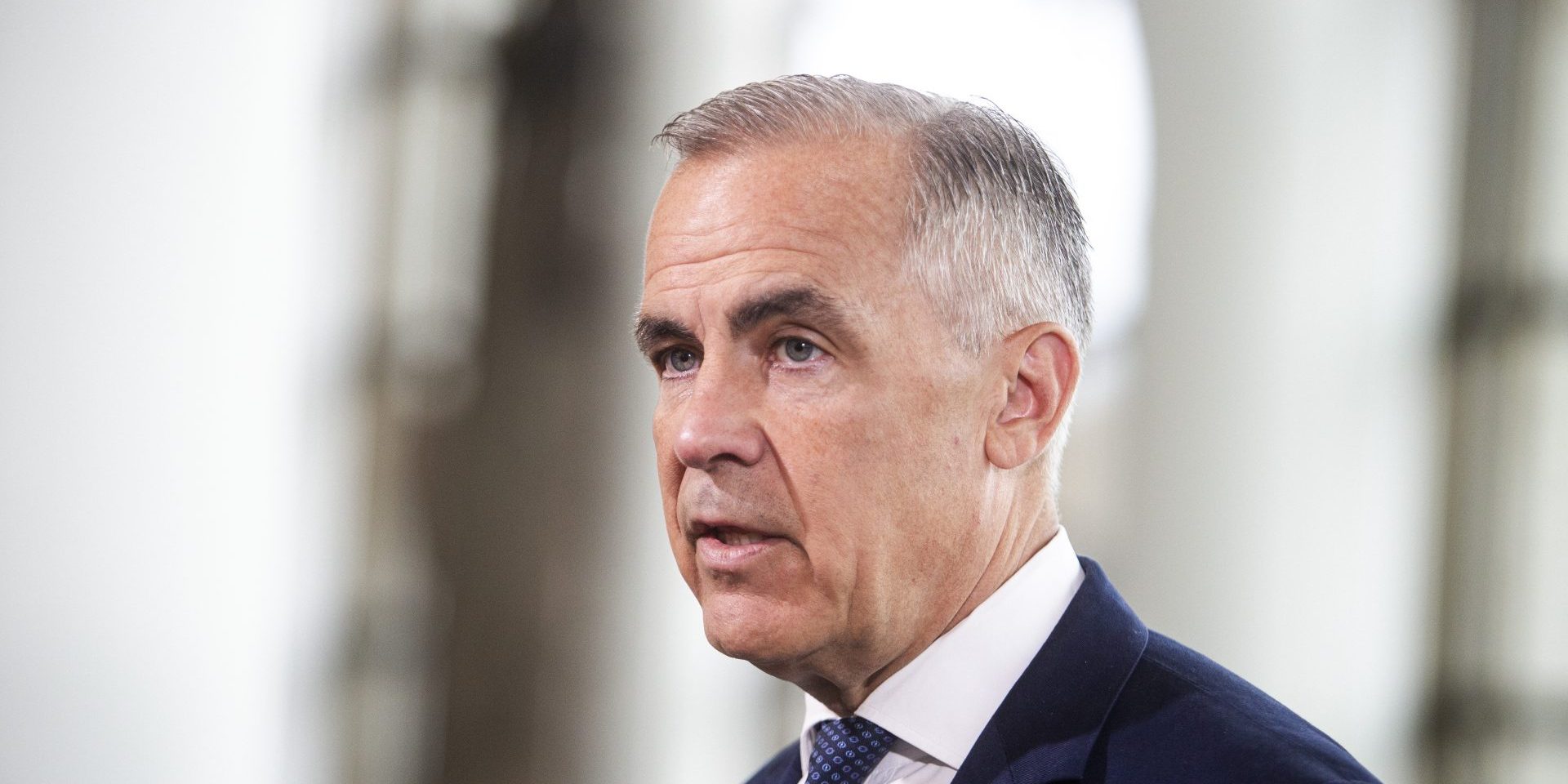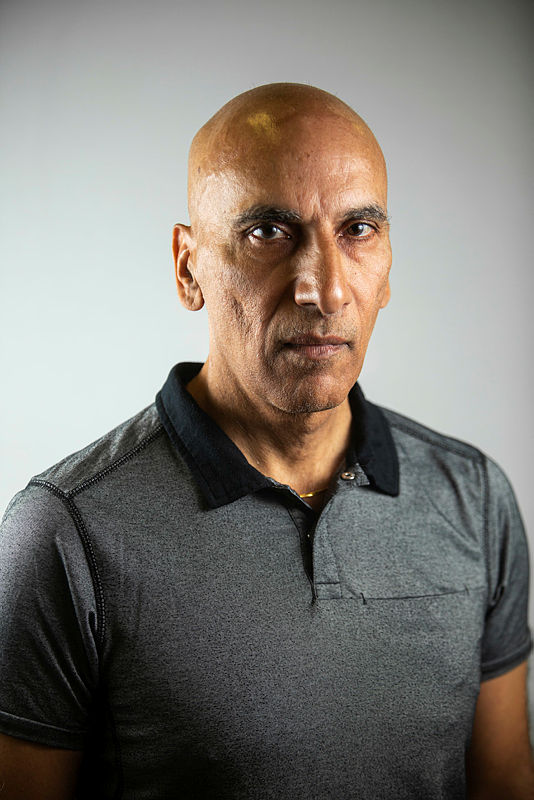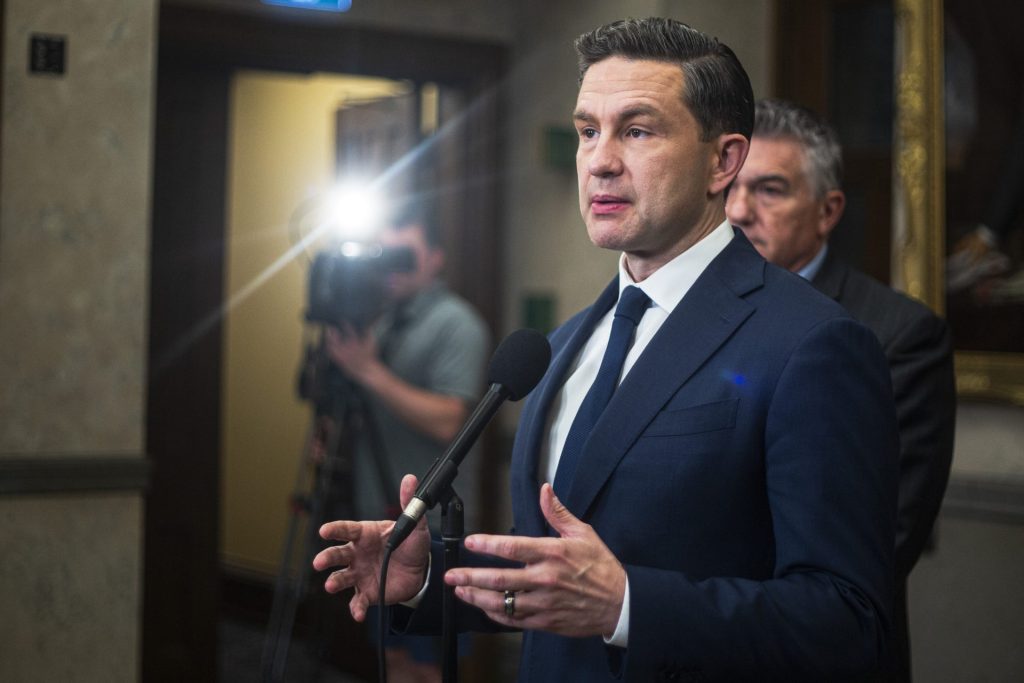Gaza is testing Canada’s moral compass, and Carney’s credibility

OTTAWA—The humanitarian catastrophe unfolding in Gaza and the wavering response of Canadian political leaders is a compelling case study of our foreign policy tug-of-war, where visions of what Canada stands for collide with political calculation.
First up: Prime Minister Mark Carney. His decision to follow France, the United Kingdom, and 145 other countries in recognizing a Palestinian state is a long-overdue shift. Yet Carney’s statement, full of caveats and qualifiers, reveals the tension between good policy and cautious partisanship.

The facts are undeniable. Gaza’s health ministry estimates 64,500 Palestinians have died. Peer-reviewed research in The Lancet suggests the real toll could exceed 186,000. Since May, nearly 1,400 Palestinians have been killed attempting to access food. Gaza’s health ministry has said more than 100 children have died of starvation. On Aug. 22, United Nations monitors estimated 514,000 people were in famine, expected to reach 641,000 shortly. That’s from a total population of roughly two million.
As of Aug. 25, at least 197 journalists have lost their lives, the highest number ever recorded in any conflict since the Committee to Protect Journalists began tracking in 1992.
This wave of destruction has not paused. Israeli Prime Minister Benjamin Netanyahu has now intensified the onslaught for a full-scale siege of Gaza. His decision was reportedly opposed by the chief of the Israel Defense Forces Eyal Zamir who is distressed by the dangers of prolonged urban warfare, including the likelihood of hostage releases, and the lives of IDF conscripts.
Dissent inside Israel is growing loud. A coalition of 31 Israeli academics, artists, and former officials has called for sanctions against their own country, denouncing Netanyahu’s campaign as collective punishment. On Aug. 17, over one million Israelis protested, beseeching their government to “end the suffering, make peace.” Holocaust experts like Brown University’s Omer Bartov and Hebrew University of Jerusalem’s Amos Goldberg have labelled the Gaza operation genocidal.
As Israeli citizens condemn their government at considerable personal risk, Canada—once a drafter of the Universal Declaration of Human Rights—hesitates.
Although Carney’s willingness to acknowledge Palestine departs from past postures, his criticisms of the Netanyahu regime remain mostly muted, and, despite reassurances, arms exports to Israel continue unabated. Pierre Poilievre’s Conservatives, meanwhile, have dispensed with all nuance, equating even mild disapproval of Israel with outright antisemitism.

Defenders of the status quo call it diplomatic prudence, cautioning that anything bolder could jeopardize the two-state solution and embolden Hamas. But they miss one crucial point: moral clarity in geopolitics matters—a lot. It reveals who we are, and where we draw the line.
An Aug. 6 Angus Reid survey finds three in five Canadians consider the Gaza disaster a “moral outrage.” Sympathy for Palestinians has doubled from 18 to 37 per cent. For Israel, it’s reversed: from 28 to 19 per cent. Just over half believe Israel is committing genocide.
That concern is shared by prominent Canadians like former justice minister Irwin Cotler and Israeli legal experts who warn that Netanyahu’s escalations to “concentrate” the Palestinians and “encourage voluntary migration” may carry criminal liability. The Aug. 31 declaration by the 500-member International Association of Genocide Scholars adds weight to these warnings, foreshadowing a potentially damning judgement by the International Court of Justice.
Gaza is more than a tragic backdrop. It’s become a metaphoric battleground of competing views on Canada’s role in the world. Do we follow Carney’s halting diplomacy? Poilievre’s allegiance at all cost? Or, will harsher critiques of Israel become the unlikely catalyst that shifts the window of discourse by default?
To be sure, Hamas’s Oct. 7, 2023, attack shattered any sense of safety for many Israelis. Affirming Israel’s right to defend itself, therefore, aligns with the universal principle that all peoples have the right to security and self-determination. That right, however, cannot be confused with a licence to dominate, dispossess, or indefinitely occupy another people.
We are stuck in a malaise of policy dissonance, where otherwise legitimate support for Israel has ossified into unconditional absolution. But as analytical distance fades and the brutality becomes impossible to ignore, the narratives underpinning our policy stances are starting to unravel.
When the UN convenes on Sept. 22 to debate Palestinian statehood—first endorsed in 1947—Carney should stop equivocating and act decisively: demand a credible path for an immediate two-state solution; vote for Palestine’s ascension to full UN membership; align diplomatic relations with international law; and, to demonstrate real political resolve, unilaterally upgrade Canada’s representation in Palestine to an all-out embassy.
The crisis in Gaza constitutes a test of Canadian statecraft. Our reputation as a dependable middle power, capable of bridging divides and forging consensus is on the line. Do we continue with a simulacrum of support for Israel or do we find the conviction to say that occupation is not defence, recognition is not reward, and silence is not solidarity? We’d better decide.
History won’t wait, but it will remember which side we were on.
Bhagwant Sandhu is a retired director general from the federal public service. He has also held executive positions with the governments of Ontario and British Columbia.
The Hill Times






 LICENSING
LICENSING PODCAST
PODCAST ALERTS
ALERTS


